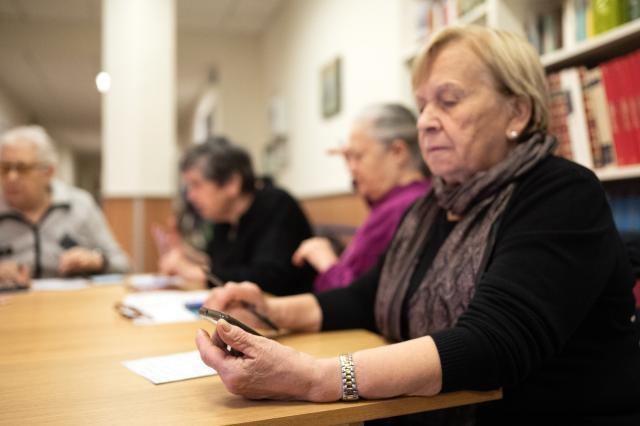Conclusion of the debate on the new EU budget

After months of input and discussion from diverse voices, the Citizens’ Engagement Platform has closed the debate on the New EU Budget. Citizens from across Europe shared their ideas on how to make the most of every euro, ensure the budget reflects diverse needs, and tackle shared challenges together.
The suggestions submitted through the Platform enriched the deliberations of the European Citizens’ Panel on the EU Budget and will help shape how the budget is used in the future. The European Commission will continue to build on these insights to guide its priorities and ensure the budget works for all Europeans.
We thank everyone who participated in this important debate. Your voices matter – and they are helping shape the decisions that will strengthen Europe for generations to come.
Click on "Find out more" to explore the full discussion.
Why are we discussing the European budget?

Europe is in an era of profound change – for our society and security, our planet and economy, our democracy and prosperity. We can only tackle those global challenges through joint action from all Europeans. And the European budget is one of the driving forces behind European action.
The European budget aims to support our political priorities. By pooling financial resources, we can better meet common challenges and create a positive and direct impact on citizens’ everyday life.
In 2025, the Commission will present a proposal for a new European long-term budget starting in 2028, which will then be decided by the European Parliament and Member States. The European long-term budget requires the unanimous approval of all its Member States, and the majority of Members of the European Parliament.
This is an opportunity to agree on a strong and modern European budget fit for our ambitions.
How will the Commission follow up on collected ideas?
Now that the debate on the new EU budget has concluded, the ideas submitted by citizens on the Platform will help inform the next steps. Your insights are key to ensuring that the European budget addresses real needs and creates meaningful change. The European Commission will take these contributions into account as it prepares its proposal for the new EU budget.
Timeline
- February - MayOnline debate
Citizens create, comment and vote on contributions on the Citizens' Engagement Platform, either through individual contributions or as a result of collective work for example in the form of participatory event.
- March - MayCitizens' Panel
Online contributions feed into panel discussions and finally into the European policymaking.
- JulyProposal
The Commission publishes the proposal for the new European budget.
European budget: What’s at stake?

The European long-term budget defines the size of the budget and what it is spent on for several years. The current long-term budget runs from 2021 to 2027 and amounts to EUR 1.2 trillion, representing approximately 1% of the EU GDP. It is topped up by approximately EUR 800 billion from NextGenerationEU, a temporary instrument to power the recovery from the COVID-19 pandemic.
The European budget has shown that it delivers for citizens. For instance, by funding projects and activities supporting the social and economic development of European regions, supporting farmers and rural areas, protecting the environment and combating climate change, promoting the digital transition of our societies, and supporting research and innovation. And in recent years, it has become our lifeline in times of crises, from the COVID-19 pandemic to the Russian invasion of Ukraine, to support our energy independence and support Ukraine.
Thanks to the support provided by the European budget:
- 87 million tonnes of carbon dioxide equivalent avoided per year.
- 16 million people have participated in Erasmus since its creation in 1987.
- 5.8 million farmers benefited from direct financial support from the Common Agricultural Policy in 2022.
Public online consultation
In addition to the debate on this Platform, public consultations on this topic were recently held to gather further input.

